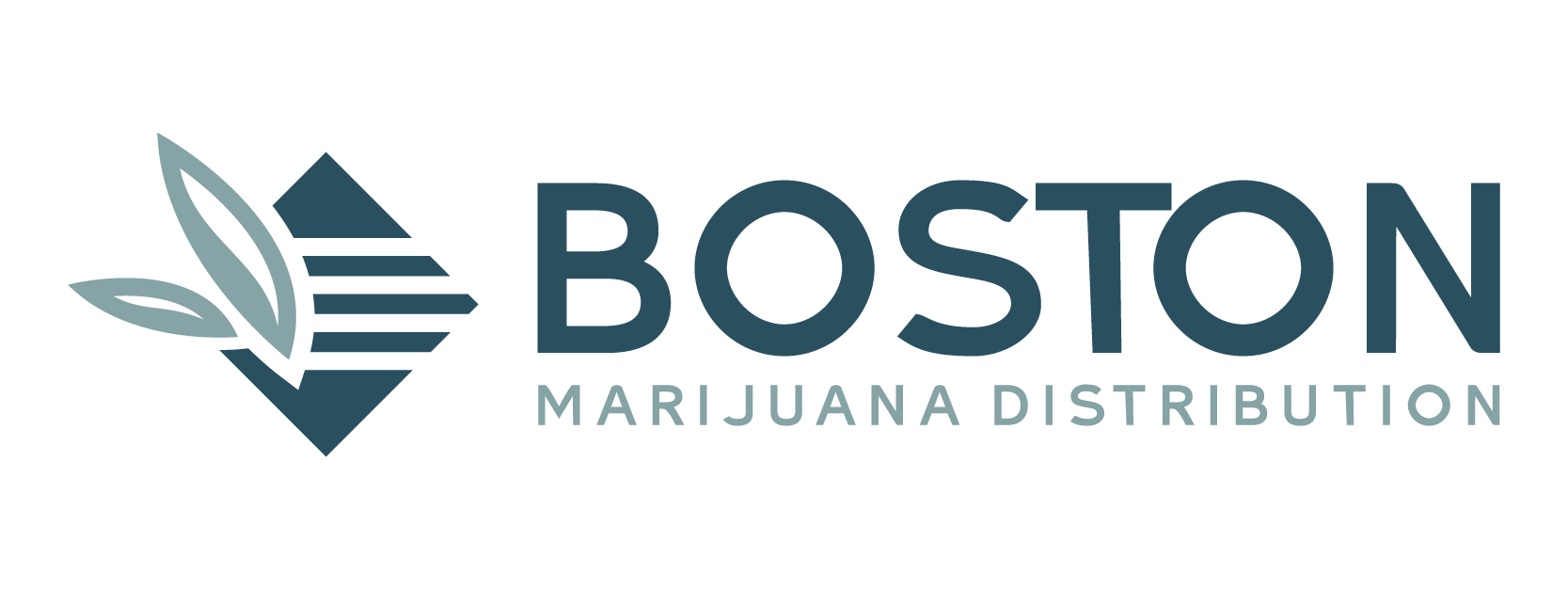Massachusetts continues to refine its cannabis delivery regulations, aiming to balance public safety with industry growth and equitable access. The latest updates to 935 CMR 500.000 and 501.000, effective as of late 2024, mark significant strides in streamlining operations for licensed businesses and expanding consumer access.
Key Regulatory Changes
1. Modification of the Two-Agent Rule
Previously, cannabis deliveries required two agents per vehicle. Under the new regulations, a single agent can conduct deliveries if the total value of cannabis products does not exceed $5,000. For deliveries valued between $5,000 and $10,000—the maximum allowed per trip—two agents remain mandatory. This adjustment aims to reduce operational costs and increase efficiency for delivery services.
2. Expansion of Delivery License Ownership
To foster business growth, the number of delivery licenses an individual or entity can hold has increased. Licensees may now own up to three Marijuana Delivery Operator licenses and three Marijuana Courier licenses, aligning delivery license caps with those of other license types.
3. Extended Delivery Hours
Delivery services are now permitted to operate from 7 a.m. to 11 p.m., subject to local municipal regulations. This extension provides consumers with greater flexibility and aligns delivery hours more closely with traditional retail operations.
4. Repackaging Authorization for Delivery Operators
Marijuana Delivery Operator licensees are now authorized to repackage cannabis products, provided they adhere to existing packaging and labeling requirements. This change allows for improved inventory management and branding opportunities for delivery-focused businesses.
Focus on Equity and Access
Massachusetts maintains its commitment to social equity within the cannabis industry. Delivery licenses remain exclusively available to Social Equity Program Participants (SEPs) and Economic Empowerment Applicants (EEAs). This exclusivity is designed to lower entry barriers and promote diversity in the cannabis market.
Addressing Geographic Challenges
In a notable development, the Cannabis Control Commission issued an administrative order permitting the transportation of cannabis to Martha’s Vineyard and Nantucket. Previously, logistical and legal challenges hindered supply to these islands, leading to product shortages. The new directive allows cannabis to be transported via approved boats within state waters, ensuring compliance with federal regulations and restoring access for island residents.
Implications for the Industry
These regulatory updates reflect Massachusetts’ efforts to adapt its cannabis delivery framework to the evolving needs of the industry and consumers. By reducing operational constraints, expanding licensing opportunities, and addressing geographic disparities, the state aims to support a robust, equitable, and accessible cannabis market.
Discover: Boston’s Best Cannabis Delivery Companies: Who’s Leading the Market

